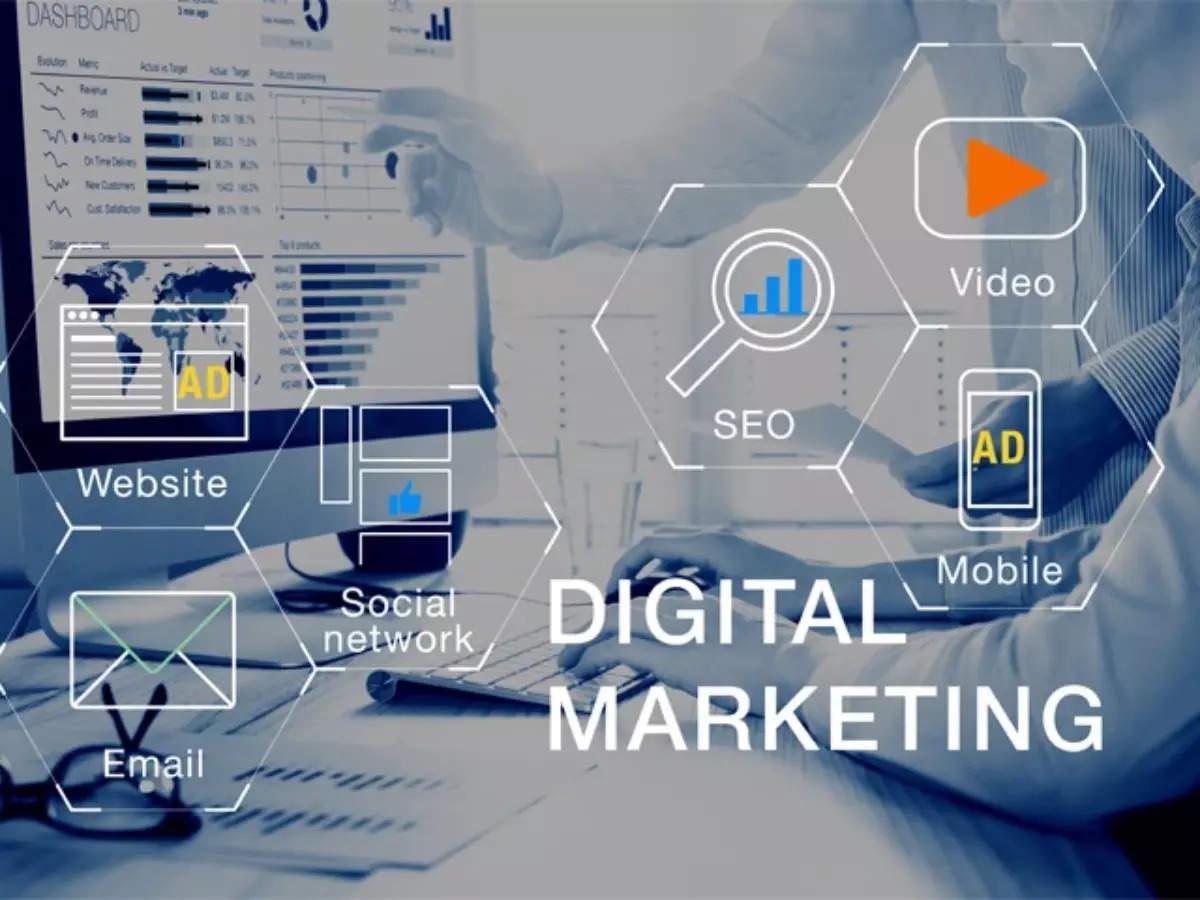The two defining strategies for outstanding business presence in the market and profitability are performance marketing and growth marketing. The two have very different goals, comprising different methodologies and key success factors, but more than anything else, different shades of the same goal. Understanding these differences is key for any company that looks to invest in marketing.
Performance Marketing Defined
Performance marketing is results-based marketing with a focus on specific actions such as sale, lead, or click. The biggest differentiator is that this type of marketing carries with it highly measurable characteristics, where the advertiser pays only when a predefined action has been taken. It makes it pretty appealing to businesses that are looking to make the best account out of their marketing budget, with a direct reflection on the bottom line.
Growth Marketing Explained
Growth marketing, on the other hand, takes a broader approach. But not purely for harvesting the immediate benefits, rather also to plant for the long-term rewards. This is a strategy that mingles full-funnel marketing with creativity and analytics from awareness to retention. On the other hand, growth marketers are all about understanding the customers’ journey by experimenting across all the channels that there is and using data for retention and upsell opportunity.
Difference in Focus
The only main difference between performance marketing and growth marketing is focus. While performance marketing cares much about immediate conversions that affect the sale directly, growth marketing focuses on a lot of the long-term objectives of customer relations and customer retention.
Channels and Tactics
Performance marketers are likely to focus on the most measurable, direct-action result channels: pay-per-click advertising, affiliate marketing, and targeted ad campaigns on Google and Facebook. But what growth marketers do—going beyond—includes SEO, content marketing, email campaigns, AB testing, and feedback loops within product development, all with sharp attention to the continued focus on optimization of the customer lifecycle.
Metrics
Performance marketing always involves pure numbers. Cost per acquisition (CPA), click-through rate (CTR), conversion rate, and return on ad spend (ROAS) are clearly outlined in performance marketing. Growth marketing numbers are quite complex and may include, among others, customer lifetime value (LTV), customer acquisition cost (CAC), retention rate, and churn rate.
Mindset and Approach
Performance marketing tactically minds the set; it is highly analytical, focusing on the optimization of the campaign for the best immediate return. Growth marketing, on the other hand, is a blend of creativity and analysis and hypothesizes and tests the discovered new opportunities for business growth.
Short-Term vs. Long-Term Orientation
Since most of the performance marketing strategies are short term, the work focuses on building campaigns that can scale with velocity and turn off just as quickly, also based on the performance. Growth marketing, in nature, it focuses on building the foundational aspects of a business’s marketing strategy for long-term, sustainable growth.
It seems there was an issue with processing the request to humanize the text you provided. Let’s try again. Please hold on for a moment while I re-submit your text.
Integration with Product Development
Product development is also deeply embedded within growth marketing. Growth marketers usually work cross-functionally with product teams to make sure that, right from the get-go, the product itself is designed in a manner that will attract and retain customers, with the user feedback flowing directly into the iterations of the product.
Performance marketing, on the other hand, usually doesn’t infiltrate the product development process with a deeper level of integration, although it informs these product decisions, as discussed in relation to the data.
Adaptability and Evolution
Another critical difference is its flexibility: performance marketing strategies can be easily changeable or pivot based on performance data. On the other hand, the growth marketing strategies depend upon the depth of analysis in terms of customer behavior and market trends and hence are less reactive but more strategic in nature of adjustment.
The Role of Content
The content, however, will serve toward two different purposes in both strategies. The content created, however, in performance marketing is most common in driving purpose—a purpose of action that would be taken by the customer immediately, like a sale or a sign-up.
Meanwhile, the purpose of content in growth marketing expands to an engaging point where the customer’s awareness of the brand takes place at each level that lies within the funnel, from raising it to customer relationship nurturing.
Brand Development
While this performance marketing may lead to branding, however indirect, through the field of exposure, growth marketing further makes emphasis on the brand development and has it as an integral part of its core strategy. The objective is to build a brand story that customers fall in love with, hence building brand loyalty and advocacy.
Cost Efficiency
As it is with performance marketing, that is cheaper in the short run since you pay for the results directly. Growth marketing also takes much of your time and resources at an upfront stage, but then what it pays back is very sustainable business and, of course, more rewarding in the long run.
Conclusion
In summary, performance marketing and growth marketing are the different but complementing role bearers in a comprehensive marketing strategy. With this, performance marketing tops as one of the most powerful tools for marketing in driving sales and actions, being very focused on driving immediate results and a very clear, measurable ROI. With a broader view of the customer journey and the intention of handling one-off campaigns as a beginning to long-term relationships, growth marketing is invaluable for business growth.
Being a survival and success in a competitive environment dictate that business adopts a balanced approach whereby they get value from the strengths of both performance and growth marketing. Bringing performance marketing in the wider ambit of the growth marketing framework would not just help businesses reach their target audience more effectively but also develop a customer base with loyalty, hence driving future success.





